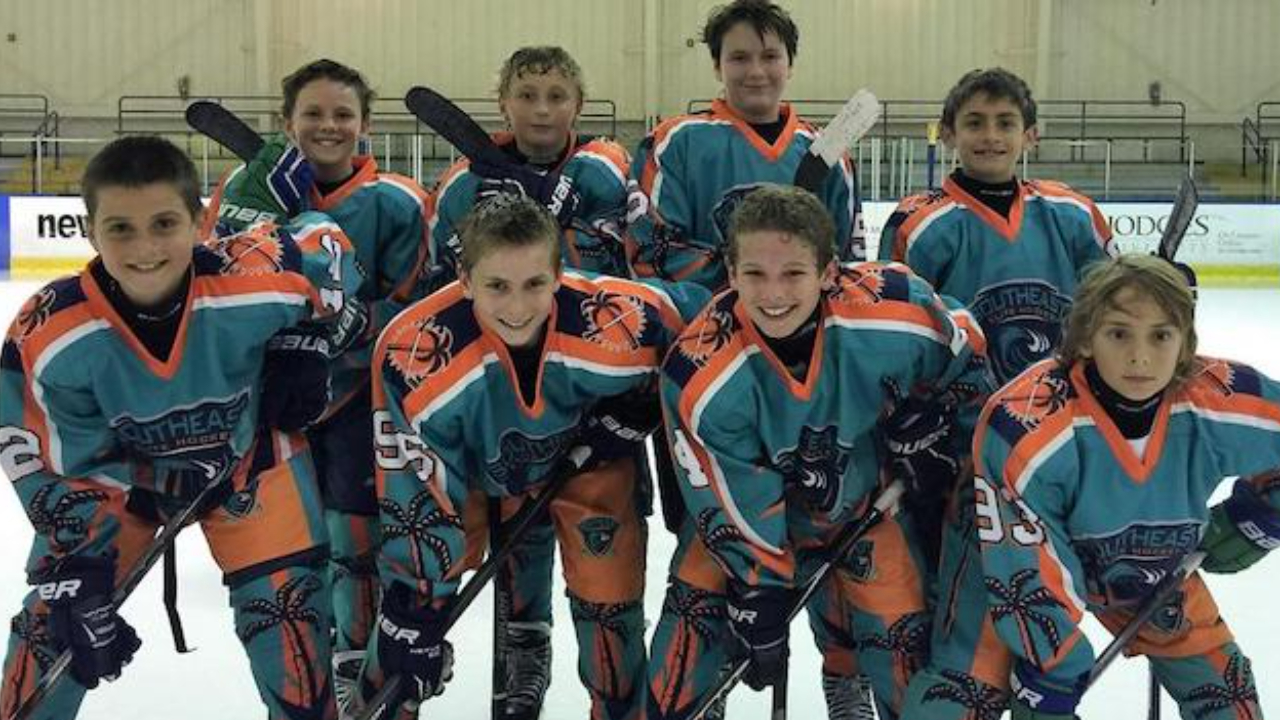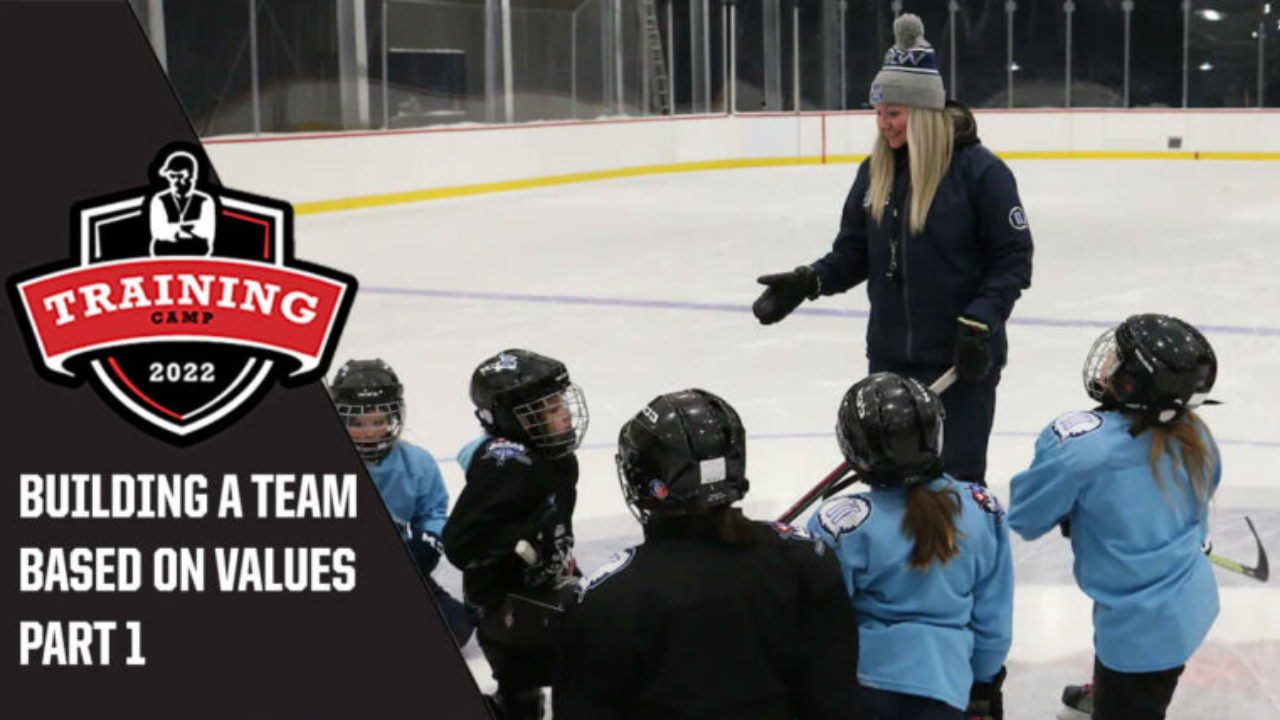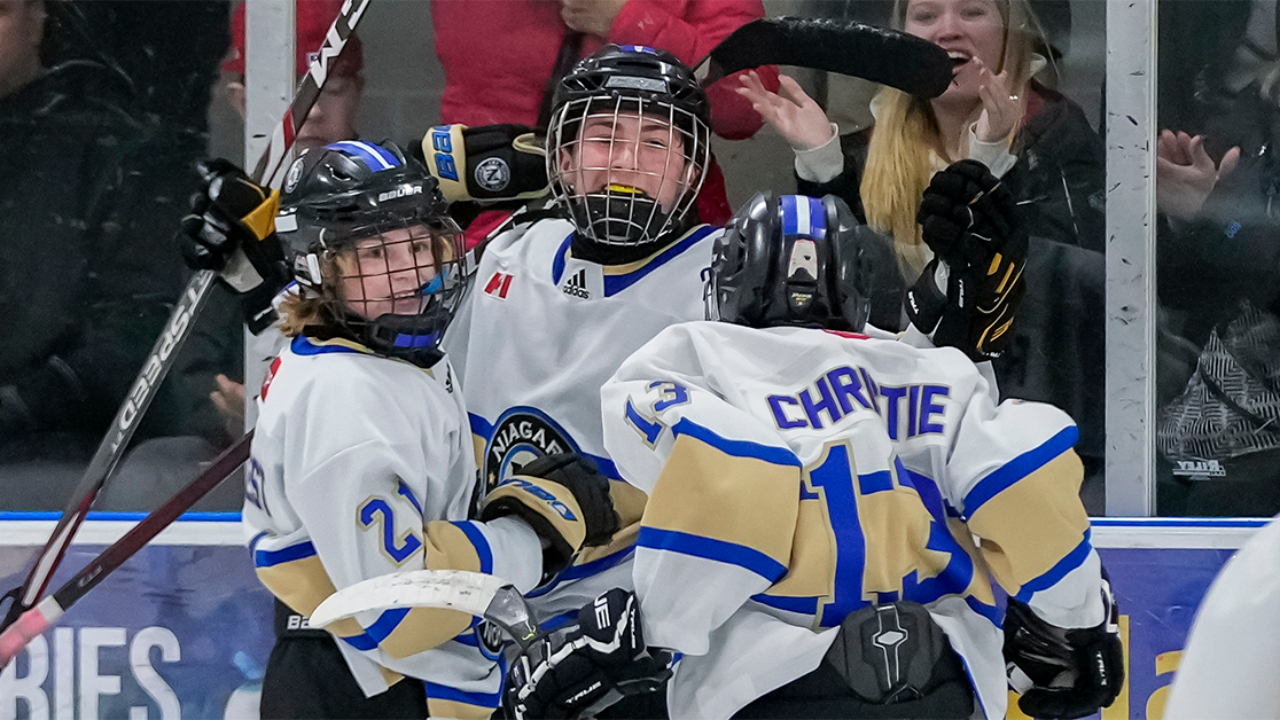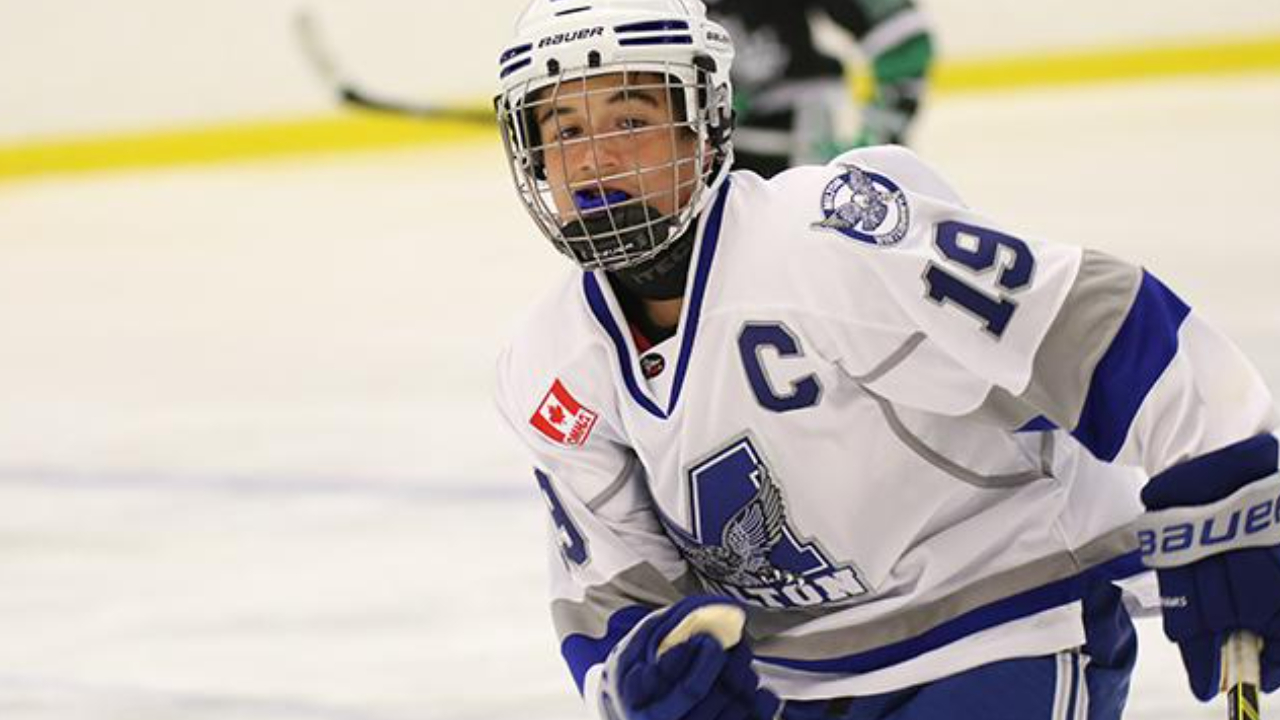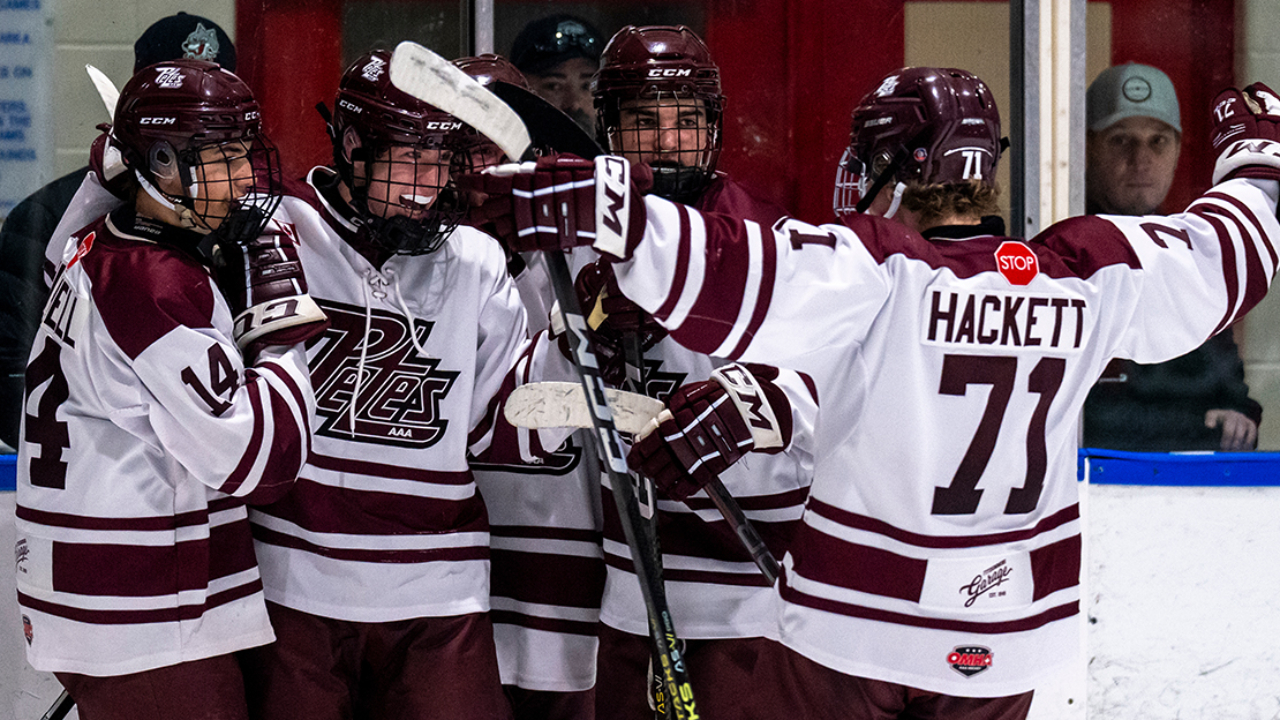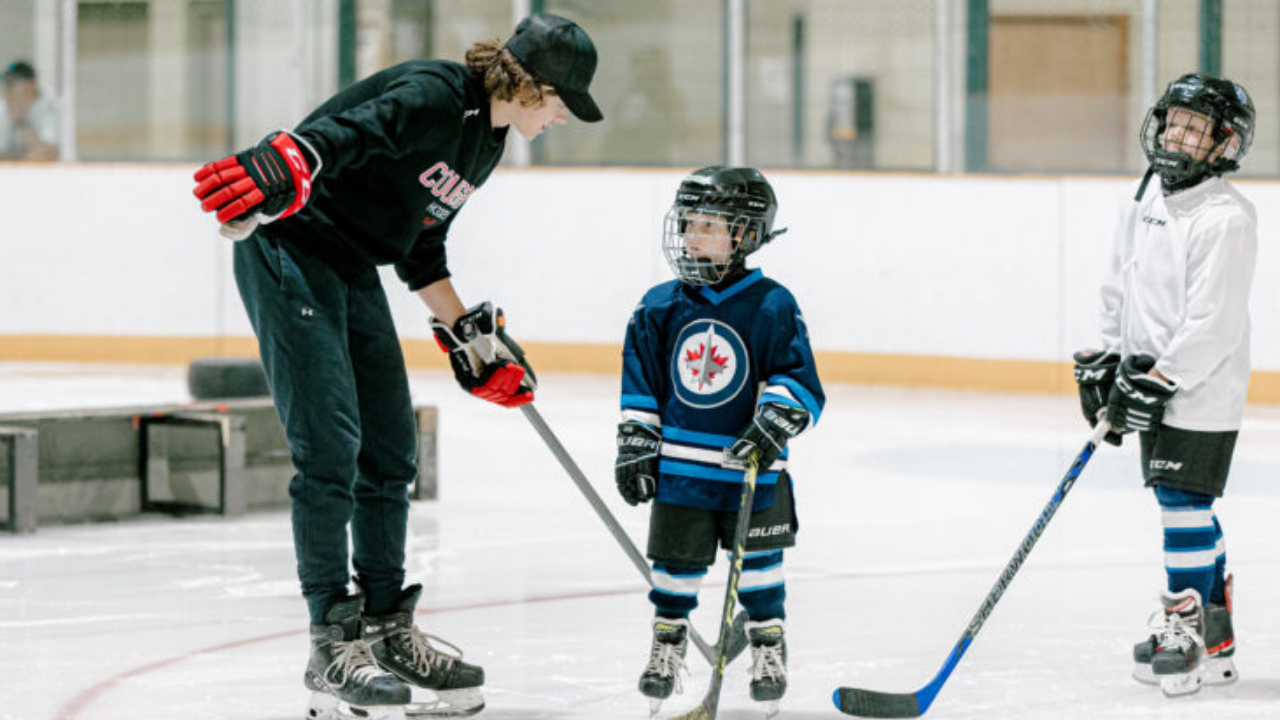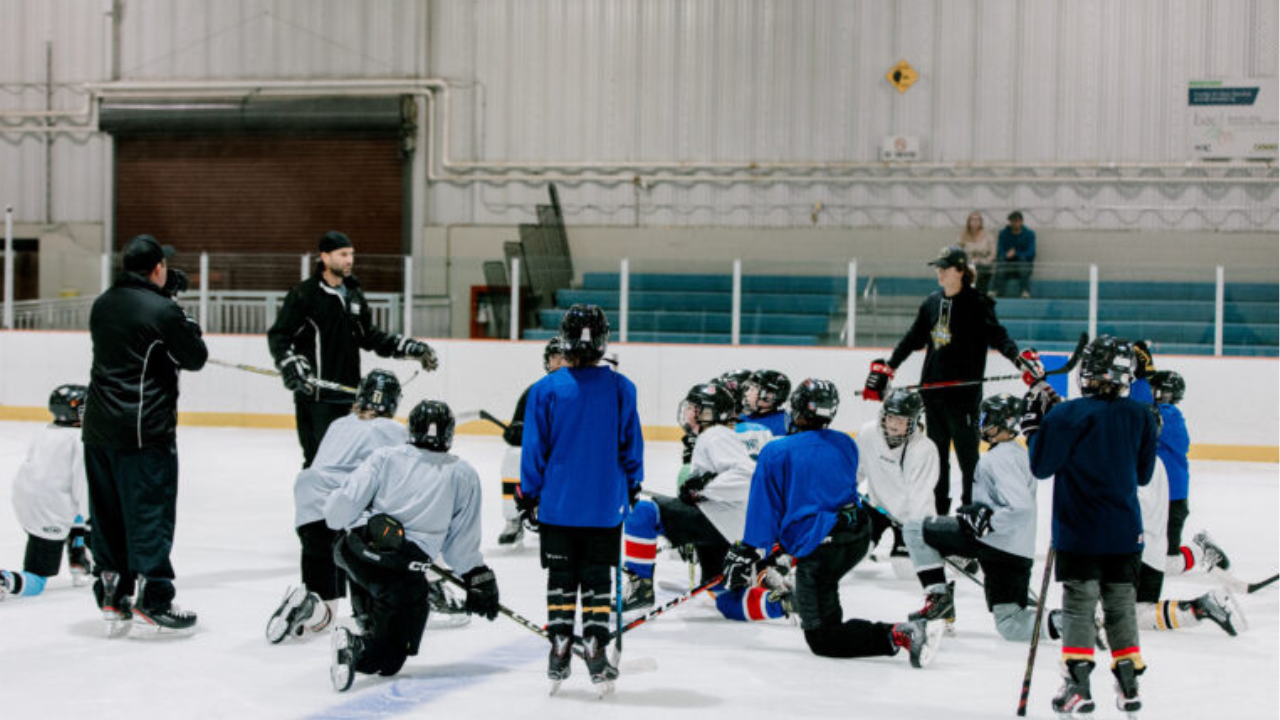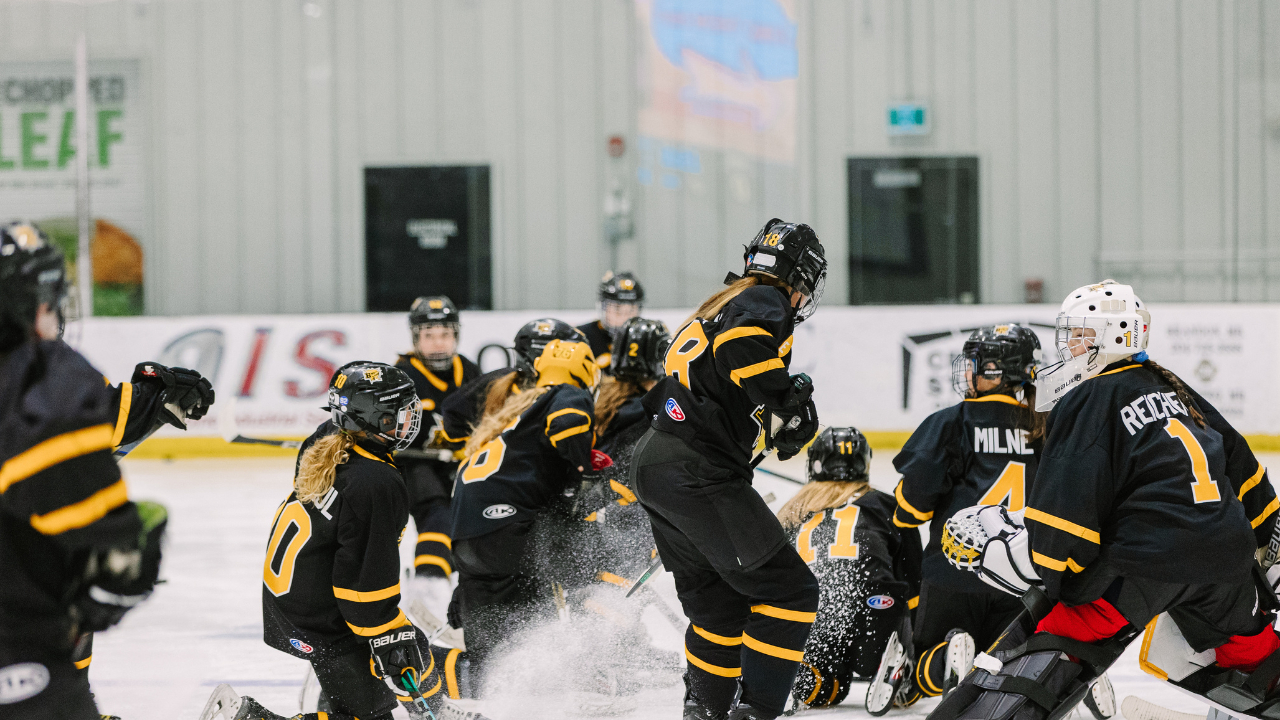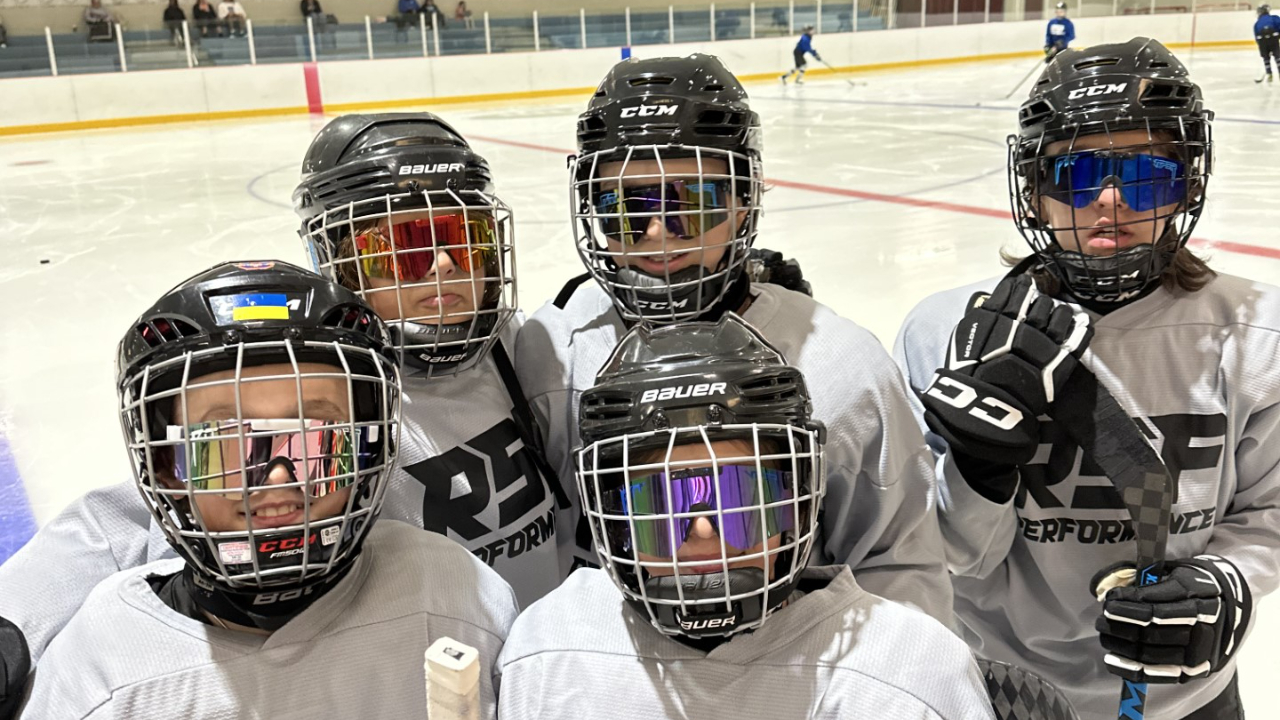
One of the biggest challenges for any coach is creating the right culture within a team.
However, culture has become such a buzzword that it often carries little meaning or gets treated as a box to check. Some coaches may claim, “We have a winning culture,” but a phrase alone doesn’t build culture.
True culture requires understanding who your players are, how they interact, and setting clear expectations for how they can thrive as individuals and as a team. It’s not static—it evolves as players and staff grow together in a safe, supportive, and high-performing environment.
So, how do you create and sustain a great team culture? Here are five key strategies:
1. Set Clear Team Values and Expectations
Every great team starts with a strong foundation. Define the core values your team will live by—whether it’s accountability, respect, or relentless effort. These values must be consistently reinforced in everything you do.
Here’s how to start:
• Share your values in a kickoff meeting at the start of the season.
• Reinforce them daily through your coaching and interactions.
• Call out moments when players embody these values to set an example.
One effective way to instill these values is with a team motto. Years ago, I coached a 10U team that was firing on all cylinders early in the season. I asked the players what words they felt best described our team.
Their responses led us to our motto: FAST.
F - First to the puck
A - Aggressive
S - Smothering
T - Teamwork
We hung a banner with the motto and recited it before every game. Soon, FAST became our team’s identity—not just on the ice but in everything we did.
By aligning everyone around a shared vision, you create a standard of behavior that transcends the rink.
2. Foster Open Communication
A team that communicates well thrives under pressure. Building a culture of open communication helps players feel safe, valued, and understood.
Here’s how to create that environment:
• Hold regular one-on-one check-ins to understand players’ concerns and goals.
• Host team-wide meetings to discuss performance or address challenges together.
• Encourage feedback loops where players feel comfortable giving and receiving input.
• For youth teams, maintain an open-door policy with parents as well.
Open communication isn’t just about solving problems; it’s about celebrating successes and ensuring every player feels heard.
3. Celebrate Successes, Big and Small
Winning is great, but culture thrives when you recognize more than just the scoreboard. Celebrating effort, teamwork, and growth creates a sense of accomplishment and motivation.
Consider these strategies:
• Implement “player of the week” awards for hustle, leadership, or sportsmanship.
• Share shout-outs in team meetings or group chats for specific moments of brilliance.
• Celebrate milestones, from a rookie’s first goal to a perfectly executed practice drill.
When players know their contributions matter, they’ll push themselves—and each other—to be their best.
4. Encourage Leadership at All Levels
Leadership isn’t reserved for captains—it should be nurtured across the team. Creating opportunities for players to lead fosters accountability and builds resilience.
Here’s how to develop leadership:
• Assign responsibilities like leading warm-ups or planning team bonding activities.
• Rotate leadership roles during practices to give quieter players a voice.
• Pair experienced players with rookies in mentorship roles.
Empowering leadership at all levels not only strengthens individuals but also creates a team that’s united and adaptable under any circumstances.
5. Promote Team Bonding Beyond the Rink
A team that bonds off the ice is stronger on the ice. Building relationships outside of hockey fosters trust, camaraderie, and a sense of belonging.
Try incorporating these activities:
• Host team dinners, outings, or movie nights to relax and connect.
• Participate in community events like volunteering or charity drives to build team identity while giving back.
• Create traditions such as pre-game rituals, fun awards, or a team playlist.
When players feel connected as people, not just teammates, that bond shows in their performance.
Final Thoughts
Changing the culture of a hockey team doesn’t happen overnight. It requires intentional effort, consistency, and a willingness to adapt. But the rewards are well worth it.
By fostering shared values, open communication, and strong relationships, you’re not just coaching a team—you’re building a family. And that’s the kind of culture that wins games, forges lasting memories, and inspires players to give their all.

